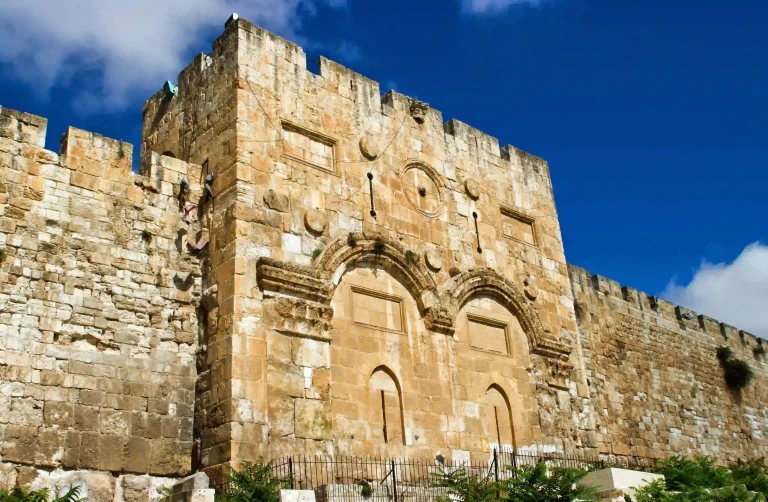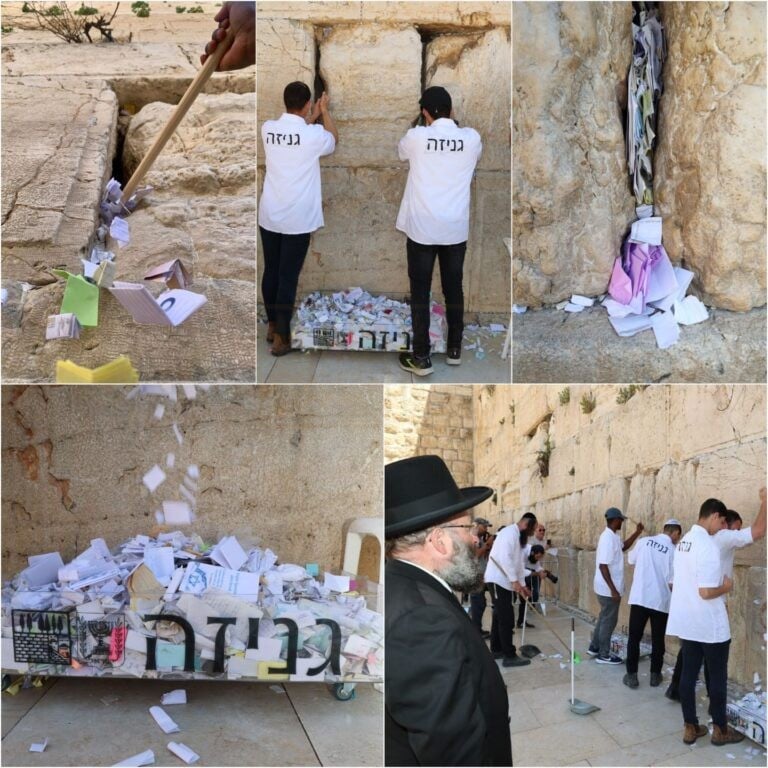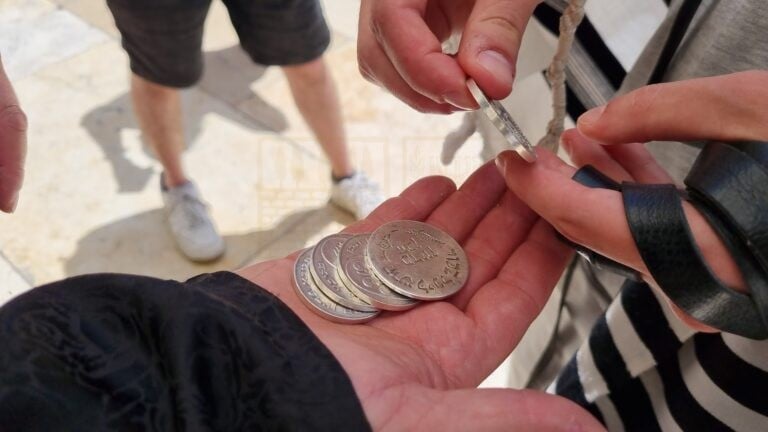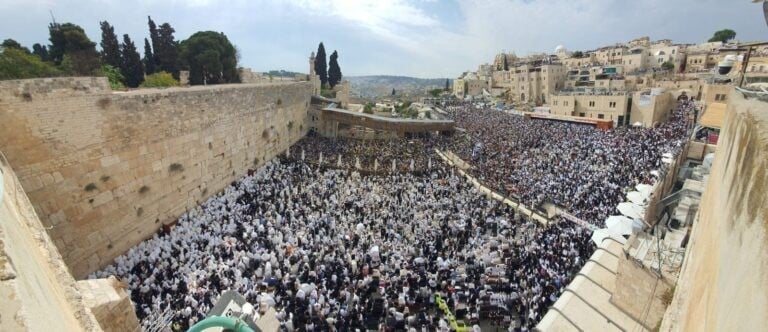But during the festival of Succot, when we are commanded ?And you shall rejoice in your Festival? (Deuteronomy 16, 14), we overturn all the conventions of ?home.? We eat, and even sleep, in a temporary structure that is unprotected, and whose temporary roof is not even sealed.
So why do we sit in a succah on Succot? We find the answer in the Torah, of course:
For a seven-day period you shall live in booths. Every resident among the Israelites shall live in booths, in order that your [ensuing] generations should know that I had the children of Israel live in booths when I took them out of the land of Egypt. I am the Lord, your God.
(Leviticus 23, 42-43)
It is interesting to note that on a parallel holiday, Passover, which we also celebrate in commemoration of the historic Exodus from Egypt, we overturn another convention: the concept of food. During the seven days of Passover, we refrain from eating chametz, any food made of grain that underwent a process of rising, and we suffice with matzahs that are described as the ?bread of the poor.?
What about the historic memory of the Exodus from Egypt wishes to overturn basic human conventions regarding food and lodging? If we turn to the hierarchy of needs described by psychologist Abraham Maslow, we see that these holidays focused on the memory of the Exodus from Egypt wish to overturn basic human needs: on Succot we ?lose? our home in favor of the succah, and on Passover, we ?lose? our food in favor of matzah.
It seems that the first message conveyed by these holidays is the battle with human hubris. The Torah wants us to rid ourselves of the traits of pride and arrogance that represent the ?now? disconnected from the past. Therefore, we must remember that in the distant past, when the Jewish nation was coming into being and was set free, we were without food or a home. Our forefathers wandered through the desert and were dependent on God?s good graces. We must remember this so we don?t become apathetic and disconnected, so that our hearts remain open to another?s lack of basic needs.
This is undoubtedly an important and essential message whose relevance has not dissipated in the thousands of years since the Exodus from Egypt.
But it is not enough of an answer. These days when we refrain from eating basic foods and abandon our permanent homes are not regular days, they are holidays. Meaning, this is not just an educational message, but a reason for joy; especially the festival of Succot which is a time of special rejoicing even today.
The answer is that leaving our home does not fully express the message of Succot. If we examine the verse we quoted, ?in order that your [ensuing] generations should know that I had the children of Israel live in booths?, we notice that the succah represents dependence on the grace of God Who supplies man with his needs. We can therefore say that on Succot, we abandon our (limited) faith in our ability to attain serenity and protection and move into a succah which represents (unlimited) faith in God?s grace and benevolence.
Sitting in the succah for seven days is a good reason for celebration since on these days we remember that even a permanent home is not something to be taken for granted. It was given to us by the grace of God and we are joyful and grateful for that as well. The succah tells us that we are enveloped in grace, on Succot and all year round. For this we are joyful and grateful!









